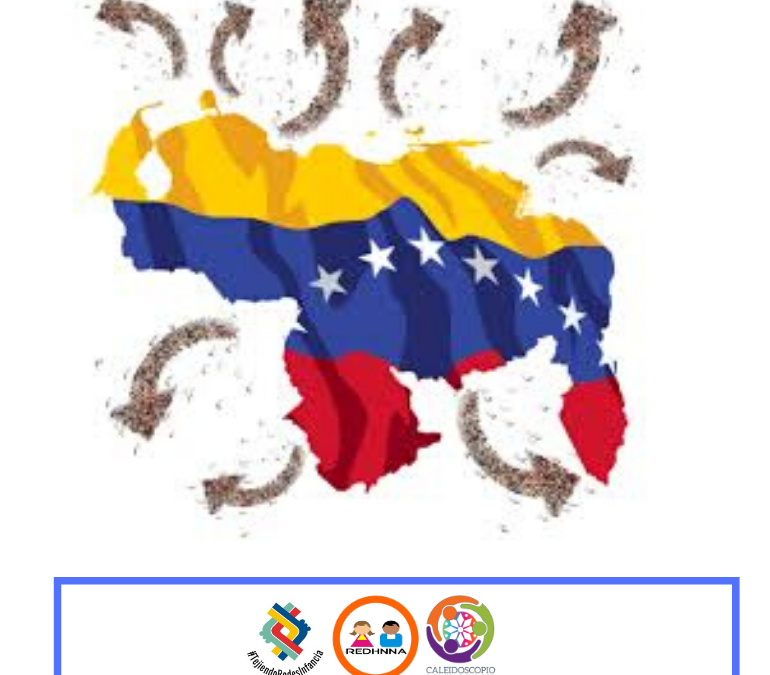The State’s failure to comply with its obligation to guarantee dignified life leaves serious physical and emotional scars in children and adolescents. There are evident structural problems in equipping and supplying institutions and programs that must offer quality services, as children and adolescents, in their vulnerable situation, depend on them for their health and well-being.
Between January and April 2020, severe issues were reported in the supply of cooking gas and the violation of rules for the handling and replenishing of the distributed gas canisters, creating high-risk situations, some of them lethal. At least six children and adolescents were injured by explosions and burns in four states of the country (Capital District, Apure, Aragua and Bolívar), and in Apure, a 2-year old girl died.
The lack of fuel promotes regrettable and irreparable situations such as the death of a child from dehydration in the Torres municipality of Lara state, since he could not be taken to the hospital, even though his mother spent 24 hours looking for a vehicle with fuel. Similarly, a pregnant woman gave birth in a gas station when she was trying to reach the hospital, and an adolescent could not receive his treatment and the blood transfusion demanded by his health condition, because he could not reach the J.M. de los Ríos Children’s Hospital.
Hundreds of drivers all over Venezuela wait for hours and even days outside gas stations to try and refill their fuel tanks, while they helplessly see the formation of “parallel lines”, the sale of spots in their own line and the rise of a gasoline black market with prices ranging between $1 and $5 per liter.
In most states of the country there are reports about all sorts of problems in public transportation such as increasing fares, the lack of cash to pay for them and the aforementioned issues in fuel access.
Amidst the pandemic, a pregnant woman could not receive attention in a hospital in Barlovento, Miranda state, and had to be referred to the Santa Ana Maternity Hospital in Caracas with no support for her trip, due to fuel shortages and the lack of transportation.
Several NGOs report that 82% of the Venezuelan population has problems to access drinking water. Water shortages can have disastrous effects; for instance, an adolescent died in Bolívar state when the cistern he was building to make up for the lack of water in his home collapsed on him.
These problems are exacerbated by serious and constant blackouts, especially in Mérida, Zulia, Táchira, Trujillo, Barinas and various areas of Caracas, where the power cuts may last several hours or happen more than once during the day. The impact this has on the everyday life of children, adolescents and their families involve aspects such as food preservation and cooking, study and hygiene habits (including school attendance), moments of entertainment and even periods of rest. Additionally, several states in the country have lost phone and internet connectivity provided by the State-run company CANTV due to vandalism. Nine states lost connectivity due to blackouts.
Unsustainable inflation, plundered well-being
Since 2017, the country is undergoing a hyperinflationary process and, by April this year, the rates reached 80% a month and 4,210% a year. The lack of official response to solve this problem, coupled with the meager monthly wages earned by most of the population (about $4.6 per month at the official exchange rate) force citizens to resort to survival strategies: some parents emigrate, leaving their children helpless, as was the case of a 3-year old child in Caracas, left under the care of an uncle who abused him to death; or the cases of children and adolescents who have been institutionalized, abandoned, left homeless and exposed to diseases, exploitation, hunger and other forms of violence.
Due to the lack of resources, many families cannot afford the products of the basic food basket, medicines and other essential goods. This situation has worsened with the effects of the quarantine, which has denied means of sustenance to those who depend on informal economy, the offer of non-essential services or freelance jobs. Household tensions due to failures of basic services and the lack of fuel may become intolerable, and in their frustration, parents and caretakers may mistreat, humiliate and even endanger the lives of children and adolescents.
The decline in the living standards of the population is palpable, with a clear impact on children and adolescents. The poor quality and irregularity in the distribution of basic goods and services forces people to make unplanned expenses to cope with shortages, or to pay steep prices in the black market. Therefore, well-being has become a privilege for those fortunate enough that can pay for it.
Inalienable dignity
Even amidst such a negative context, there is a resilience that speaks of the innate capacities of Venezuelan society to overcome adversity. Civil society keeps offering proposals to offer free psycho-social support for families as well as primary health care or food, while community groups have been established organically to assist the most vulnerable individuals in their areas (the elderly, the sick and those in partial or total lack of income.) Indeed, the Venezuelan State has much to answer for, in regards with the destruction of people’s dignity that they should be protecting, but fortunately, citizens do not give up on their right for a dignified life and fight for it persistently and tirelessly.



Comentarios recientes